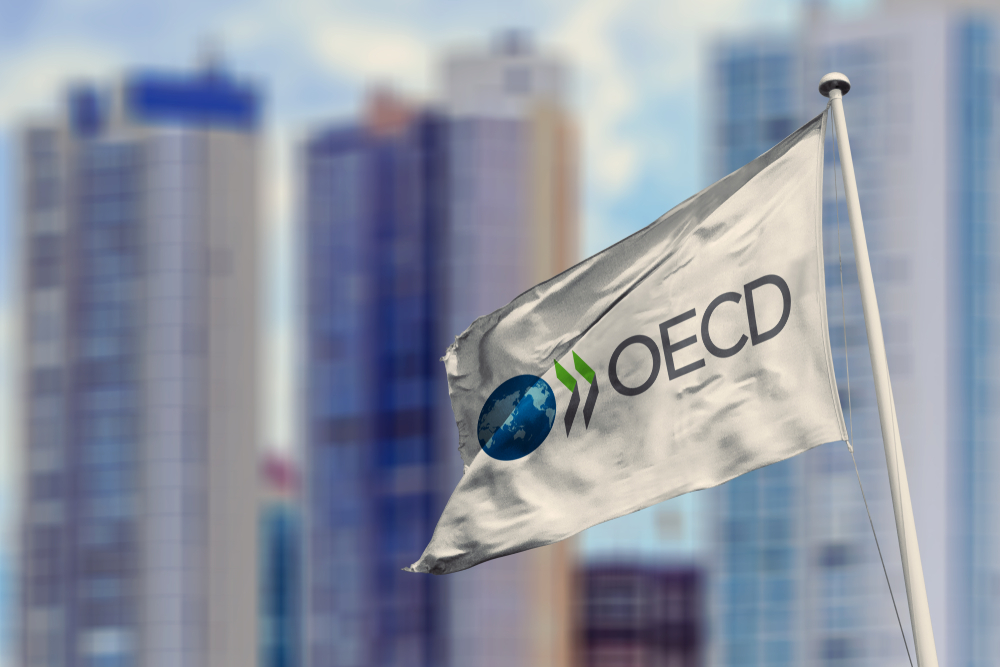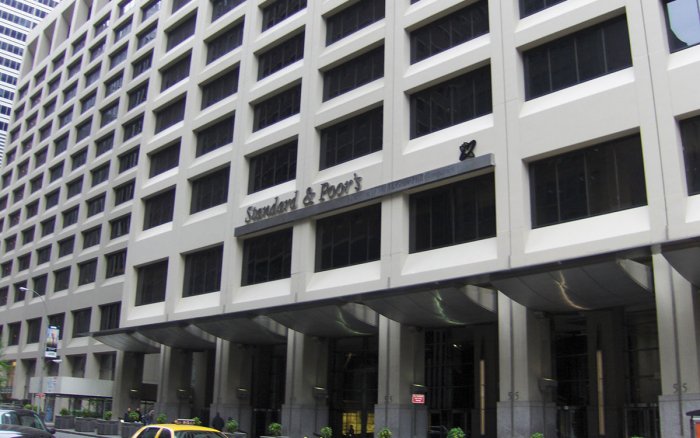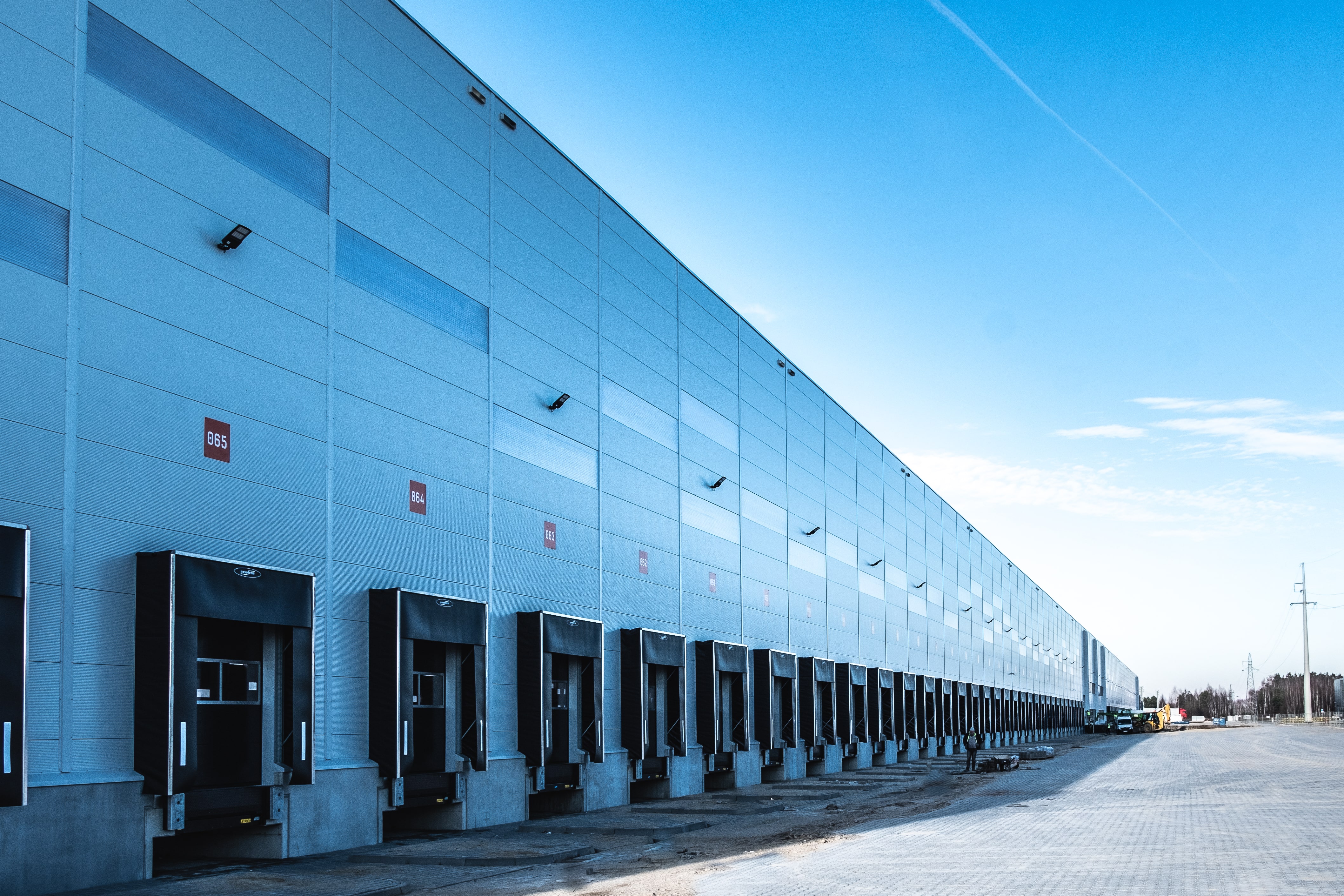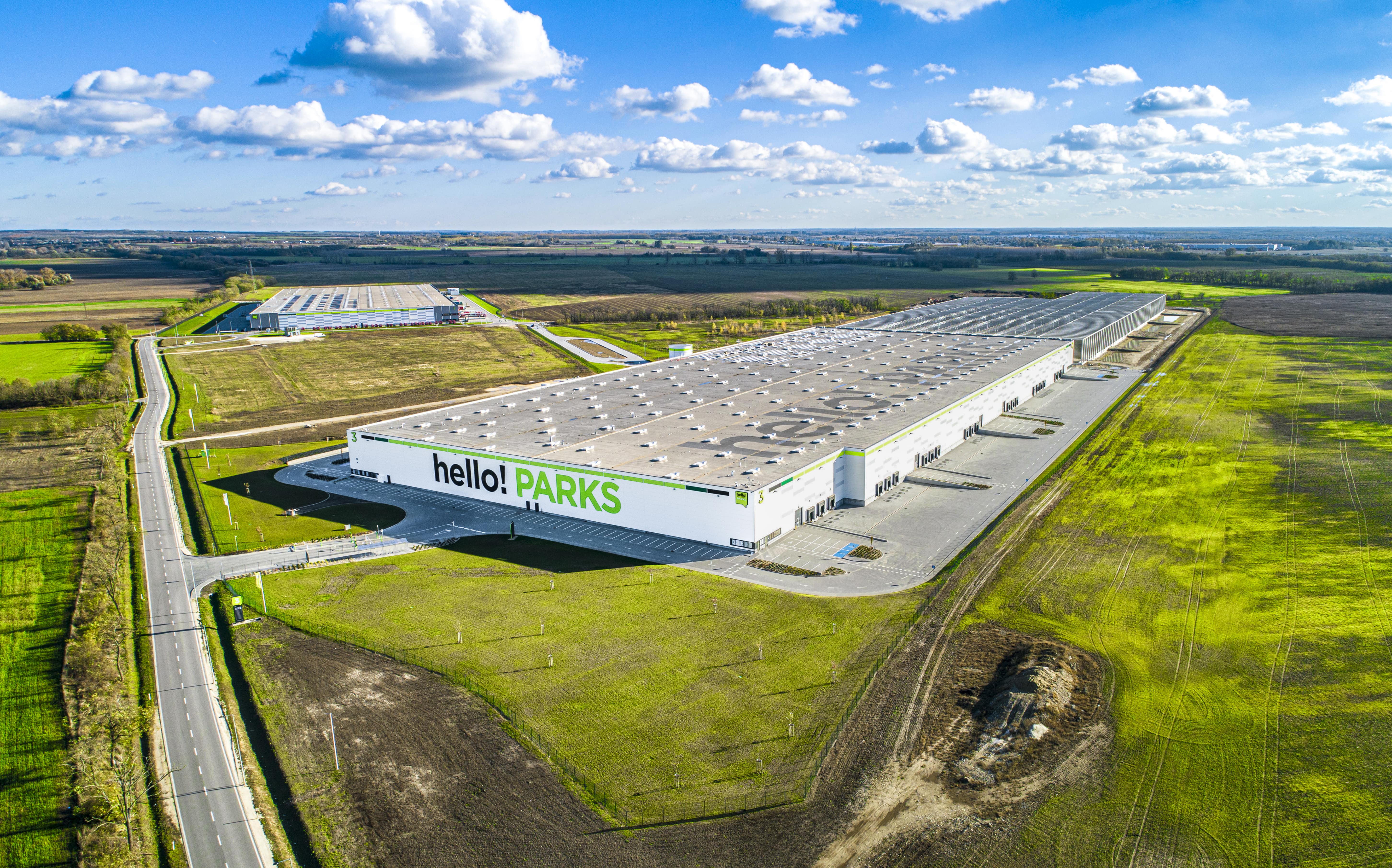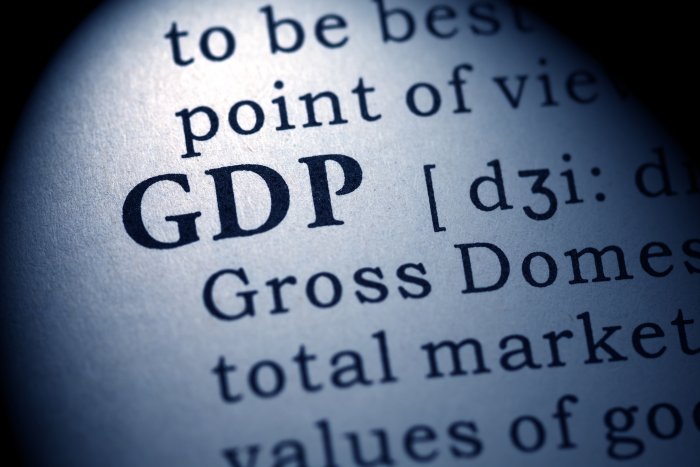Faedra22 Logistics Center Sold to German Investors
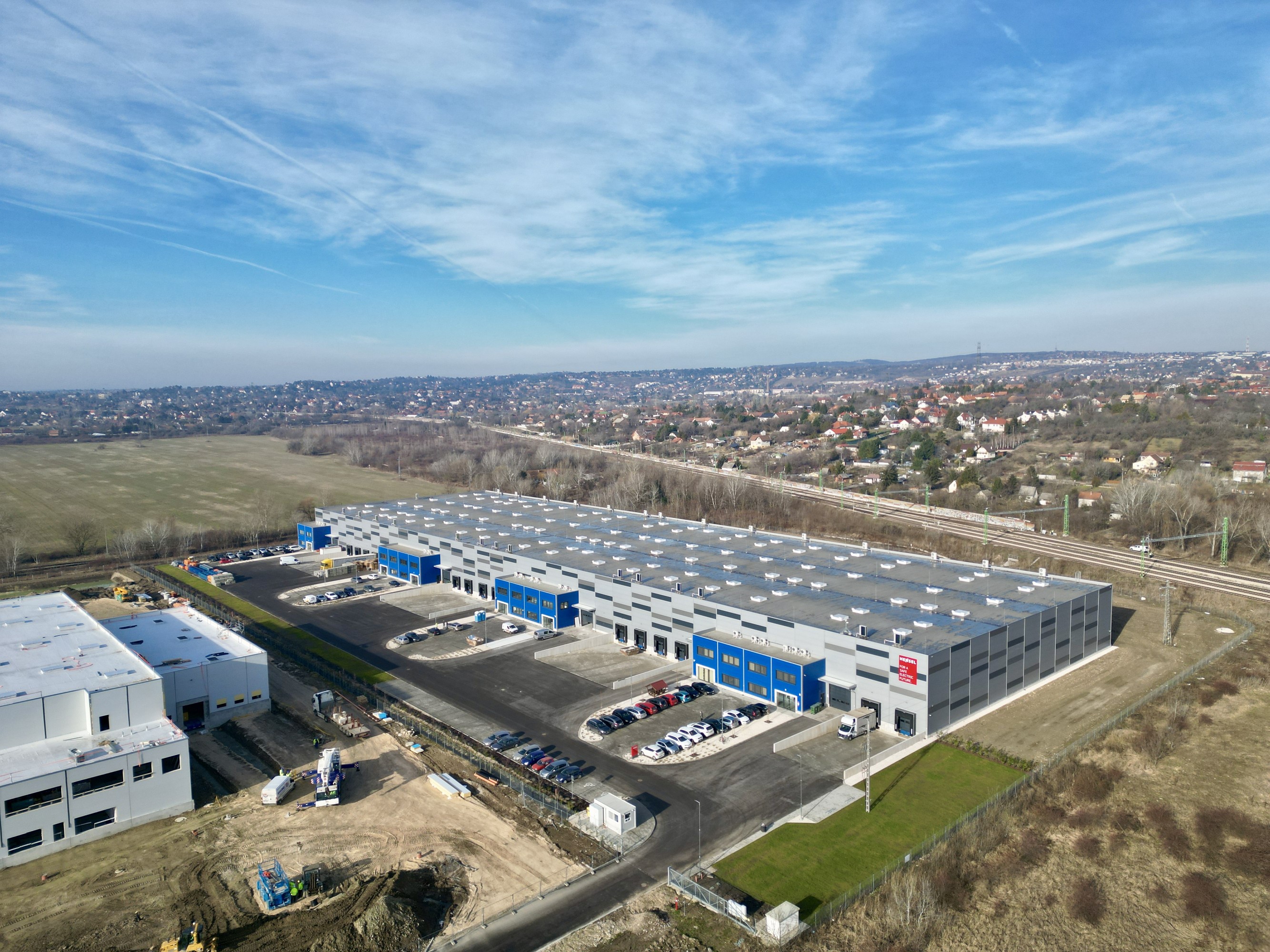
Aerial shot of the Faedra22 logistics development.
The Faedra22 logistics center has been sold to a German investor. It is the second such development by the Hungarian Faedra Group and located in the southern hub of the Budapest logistics market at the intersection of the M0 and M6 motorways.
The 16,600 sqm development was tailored around high building specifications and a strong ESG focus, including heat pumps, solar panels and insulation, contributing to a Breeam “Very Good” certification and an “A+” energy rating.
The project is 100% pre-let, proof of its success, and has been sold to a German capital source, selected as the ideal buyer, adds Faedra Group. The firm, a privately owned Hungarian real estate holding, is engaged in developing logistics parks and residential projects, including planning, financing, construction and sales.
The investment fund management arm of the business is involved in creating a structure for capital partners, while the construction business is responsible for project delivery in locations primarily in and around Budapest.
“We are proud that despite the changing investment landscape, Faedra Group has managed to meet its disposal plan in line with expectations from two years ago, satisfying both our financing and capital partners,” says Bence Boronkay, founder and owner of Faedra Group.
“Selling Faedra22 now demonstrates the need for quality logistics developments in Budapest by financing institutions, tenants, and investors. Faedra22 marks the second such development by our group, and we continue our development plans, not only in this interesting asset class,” he adds.
A New Phase?
Bence Vécsey, head of capital markets with Colliers, who worked on the transaction, says the exit may indicate a new phase for the sector.
“The sale transaction on Faedra22, following an intensive bidding process at benchmark pricing, may indicate a turning point in price adjustments in the Budapest logistics sector. The involvement of Colliers in identifying multiple international buyers reaffirmed that prime quality warehouse facilities are still the most commanded assets in Hungary,” Vécsey comments.
Views over when there will be an upturn in the investment markets in Central and Eastern Europe differ as analysts place a recovery anywhere between the beginning of this year and at least two years’ time. The expectation is that an upturn in activity in Western Europe would be followed by Poland, the Czech Republic and then Hungary.
A feature of the recent Mipim real estate expo in Cannes was the promotion of Hungary as an industrial destination at the country stand organized by leading industrial developers such as HelloParks, Infopark, and Wing. In addition, it also promoted secondary Hungarian cities such as Debrecen (231 km east of Budapest by road), Kaposvár (187 km southwest of the capital) and Békéscsaba (210 km southeast), which have been particularly successful in attracting industrial inward investment.
Promoting Parks
The aim of Békéscsaba, for example, is to promote industrial parks and target industrial developers with whom city authorities have had business meetings with the sale of industrial space, said Deputy Mayor Tamás Varga. Potential clients are seen as suppliers for the BMW iFactory in Debrecen.
The sale of the Faedra22 logistics park represents the first sizeable transaction by a foreign buyer in Hungary so far in 2024, Colliers says.
“This year, we do not expect a significant turnaround in investor activity; it may remain below the levels seen before 2023,” says Kata Mazsaroff, managing director of Colliers Hungary.
“Yields could see a slight increase this year, but in the longer term, as inflation comes under control, interest rates are expected to decrease. This will be reflected in the evolution of yields and investor activity, with the most significant impact likely to occur from around the year 2025 onwards,” she explains.
“We still see a gap between the buyers’ and sellers’ price and yield expectations. This is partly due to pressure on regional and domestic yields to be more attractive compared to Western European countries,” Mazsaroff concludes.
This article was first published in the Budapest Business Journal print issue of April 8, 2024.
SUPPORT THE BUDAPEST BUSINESS JOURNAL
Producing journalism that is worthy of the name is a costly business. For 27 years, the publishers, editors and reporters of the Budapest Business Journal have striven to bring you business news that works, information that you can trust, that is factual, accurate and presented without fear or favor.
Newspaper organizations across the globe have struggled to find a business model that allows them to continue to excel, without compromising their ability to perform. Most recently, some have experimented with the idea of involving their most important stakeholders, their readers.
We would like to offer that same opportunity to our readers. We would like to invite you to help us deliver the quality business journalism you require. Hit our Support the BBJ button and you can choose the how much and how often you send us your contributions.


